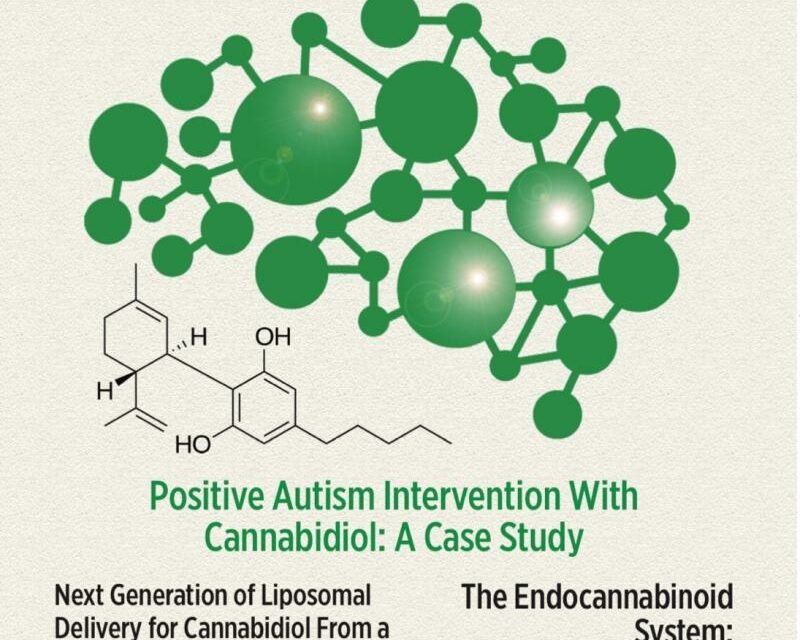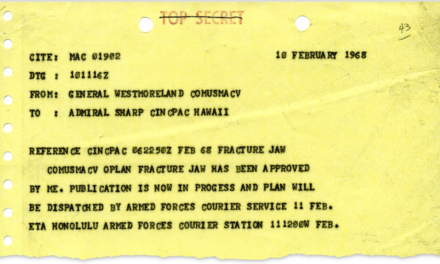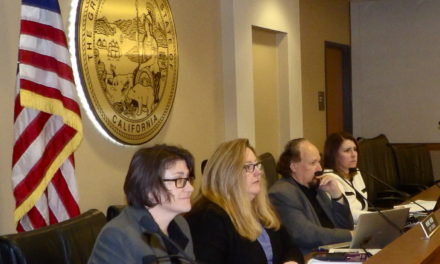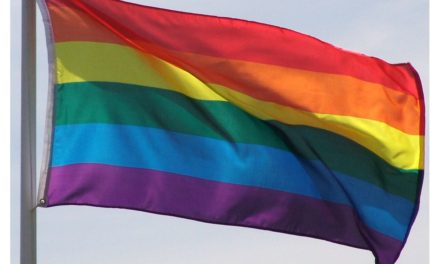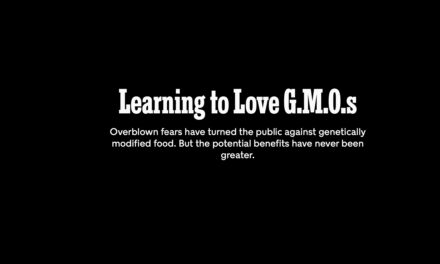A November 2 LinkedIn post from Michael Patterson NHA, OTR/L, CEAS introduced the American Journal of Endocannabinoid Science: “I’m proud to be a board member of the first ever peer-reviewed, printed journal of Endocannabinoid Science in North America! This is the cover of the inaugural issue. We have a printed circulation to over 45,000 Physicians with the website being released in November.”
Reflexively, I emailed to request a review copy and advise Patterson I might want to interview him about the new journal. Then I scrolled down. His post concluded, “The ‘bar’ has officially been raised! hashtag#medicalcannabis hashtag#blockchain hashtag#business hashtag#cannabis hashtag#cryptocurrency hashtag#marijuana hashtag#hemp hashtag#medicalmarijuana hashtag#cbd hashtag#nflpa hashtag#bankingindustry hashtag#cannabisbanking # hashtag#cannabisindustry hashtag#hempindustry hashtag#medicaleducation hashtag#malta hashtag#thc hashtag#nflpa hashtag#cfl hashtag#india hashtag#entreprenuership hashtag#innovations hashtag#cme.”
My eyes had glided over the capital letters after Patterson’s name. Now I looked up their meanings online:
NHA “The National Healthcareer Association is a national professional certification agency for healthcare workers in the United States. Granting credentials in more than 8 allied health specialties, it is an organizational member of the National Organization for Competency Assurance.” The NHA was founded in 1989 by a man named Jon Brandt. Its headquarters are in Leawood, Kansas. Its parent organization is Ascend Learning, LLC.
OTR/L is “the standard occupational therapy credential and signifies that the professional is an ‘OT’ who is ‘R,’ registered by the national OT credentialing board, and ‘L’ licensed by your particular state. Occupational therapists treat injured, ill, or disabled patients through the therapeutic use of everyday activities. They help these patients develop, recover, improve, as well as maintain the skills needed for daily living and working.
Degree: Associate degree.”CEAS stands for “Corporate Emergency Access System.” What its operatives do is not made clear by CEAS.com, which proclaims:
CEAS–America’s Largest Provider of Crisis Access and Re-entry Solutions
GOVERNMENT ACCESS CONTROL- Interoperable Access Control Solutions for Crisis Response and Recovery
BUSINESS ACCESS- A Partnership for Private-Sector, Business Recovery Access
Interoperable Access Control Solutions for Crisis Response and Recovery
When a critical event occurs, such as a natural or man-made disaster, essential personnel need access to private-sector company facilities as soon as possible to restore critical infrastructure and initiate business recovery activities.
Public safety personnel now have an effective tool to screen responding recovery personnel during an emergency. CEAS cards help identify essential, private-sector personnel attempting to enter restricted areas and affected facilities. The CEAS program is available to governments at no cost and is interoperable with any other CEAS jurisdiction.
Michael Patterson’s background as a helping professional should prove useful in the “Cannabis space.” When the name of the game is scientific publishing, credentials are essentials. —Fred Gardner

